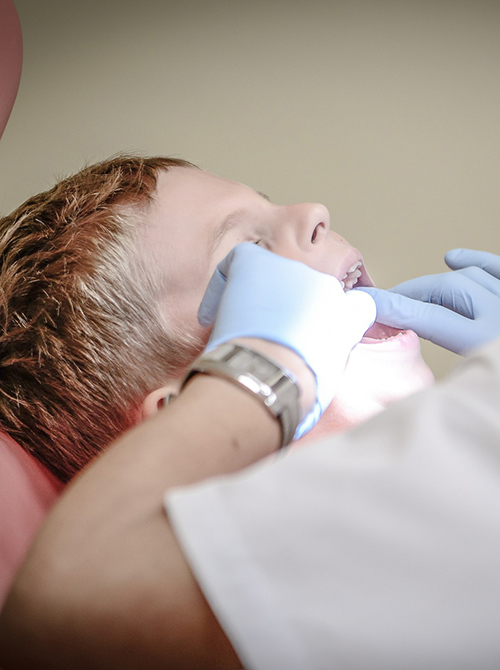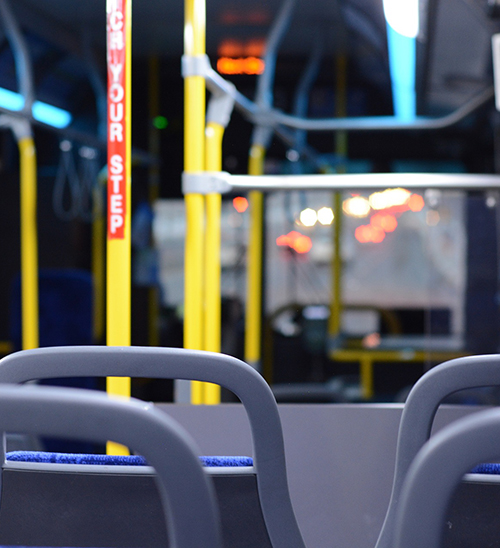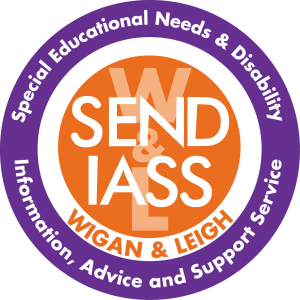Preparing for Adulthood
This guide will help you plan and navigate your way smoothly through one of the most important times in your life. In this guide we will cover a variety of different topics such as:
- Higher education and/or employment – this includes exploring different employment options, such as support for becoming self-employed and help from supported employment agencies.
- Independent living – this means having choice, control and freedom over their lives and the support they have, their accommodation and living arrangements, including supported living.
- Participating in society – including having friends and supportive relationships, and participating in, and contributing to, the local community.
- Maintaining good health in adult lif
The definition of a disabled person is someone who has a physical or mental impairment (difficulty) which has a substantial, long term and harmful effect on their ability to carry out normal day to day activities.
Year 9 (ages 13-14)
Education
Young people attending a mainstream school will be asked to choose which subjects they want to study from (Year 10 and 11, ages 14-16). If appropriate, these will be the subjects you will take for GCSE exams. English, Math and Science are all compulsory subjects, however some schools have other compulsory subjects.
If you are not working at the levels necessary for GCSEs, ask your school about other accredited qualifications that might be available to you.
If you have an EHC plan (Education, Health and Care Plan), your Local Authority must ensure that all annual reviews from Year 9 onward focuses on the outcomes to prepare you for adulthood. Annual reviews is a process which happens once a year to review the EHC plan.

Social Care
Your social care needs may change as you get older. Therefore, the support you receive regarding social care might change. You need to make sure that the support you will be receiving will be relevant. If you have a social worker they might start discussing transitioning to adulthood with you as early as year 9.
Health
Planning the move from children’s to adult hospital services should begin in Year 9. Your doctor’s surgery should offer you an annual health check. It is a chance for you to get used to visiting the doctor’s surgery on your own but only when appropriate. The annual health check will involve visiting the doctor’s surgery to see a nurse or doctor who will:
- Carry out a general physical examination
- Assess emotional wellbeing
- Ask questions about lifestyle and diet
- Review currently prescribed medication
- Check whether any chronic illnesses, such as asthma or diabetes, are being well managed
- Review arrangements with other health professionals, e.g. physiotherapists or speech and language therapists

Year 10 (ages 14-15)
Education
Now is the time to review how your studies are going. If you think you need extra help to successfully take your GCSE exams at the end of Year 11 such as extra time or an individual room, you should talk to the SENCO and/or Examinations Officer at school as soon as possible about Access Arrangements.
Access Arrangements allow students with special educational needs; disabilities or temporary injuries to access exams without changing the demands of the assessment.
Health
If you are on the learning Disability register you will be invited to an annual Health check which is done through your GP. An annual health check can help you stay well by talking to a doctor or nurse about your health and finding any problems early, so they can be sorted out.

My Rights
If you have an EHCP some rights related to them transfer over from parents to young people when the young person is at the end of the compulsory school age (the last Friday in June of the school year that you turn 16)
These rights included
- Asking for an EHC needs assessment
- Requesting discussions about the content of your plan
- Asking for a certain school or college
- The right of appeal
Money Matters
Many 16 – 19 year olds receive financial support to help you with the costs of education. This money is called a bursary and you do not need to repay it. There are two types of bursary available. The 16 – 19 Vulnerable Student Bursary and the Discretionary Bursary.
Schools and colleges usually have their own application procedures and will decide based on your situation which bursary you are entitled to. You will normally need to provide evidence for your application and reapply every year. To find out more about the 16-19 Bursary funds see www.gov.uk01619-bursary-fund
You can also claim benefits in your own right if you stay in full time education such as GCSE’s A levels, BTEC’s and NVQ levels 1-3.
An assessment for PIP (Personal Independence Payment) will be required and if you have been previously claiming DLA you will be reassessed.

Year 12 & 13 (ages 17 and 18)
Education
Young people must continue their education or training until their 18th birthday. If you have an EHCP it will not end when you leave school. It can continue when you leave school and up to the age of 25 as long as the plan is still needed and you are in education or training.
There are other options too if you have an EHCP which included Supported Internships or Traineeships which can help prepare you for employment or apprenticeships. Supported internships are a structured study programme based primarily at an employer.
Social Care
Between the age of 16-18 you will begin your transition to adult service and from 18 you will be fully with that service. The LA has the responsibility to complete a needs assessment and develop a social care plan that meets the needs identified. As a young person your views are paramount to this process.

Finance & Benefits
- 16 to 19 Bursary Fund – The 16 to 19 Bursary Fund provides financial support to help students overcome specific barriers . You could get a bursary to help with education-related costs if you’re aged 16 to 19 and:
- studying at a publicly funded school or college in England – not a university
- on a training course, including unpaid work experience
A publicly funded school is one that does not charge you for attending it.
Personal Independence Payment (PIP) – This is weekly payments given to support you of you have a disability. The payment is based on how your condition affects you and is not for the condition itself.
Transport & Travel
If you have an EHCP you are entitled to a free travel pass for use on public transport.
Application forms can be obtained by visiting the local bus station or contacting Transport for Greater Manchester on 0161 2441000.
Beyond compulsory school age there is no automatic entitlement to free travel assistance for students attending sixth forms or college.

Young Adults
Education & Training
EHC Plan
EHC Plans must be reviewed every year by the local authority. The Local Authority must take everything into consideration and see if the education and training outcomes have been achieved. The local authority will no longer be responsible to maintain an EHC plan if…
- The person goes into paid employment (if it’s not an apprenticeship).
- The person has gone to university
- The person has left education and no longer is interested in returning.
- The person turns 25
- The person has moved into a different area
Care & Support Costs
People over the age of 18 who can eligible for care and support may need to contribute to the costs required. The local authority will do an assessment to plan out how much the person can contribute.

Department for Work & Pensions (DWP)
Young people can make the following claims…
- Employment and Support Allowance (ESA) – this benefit is given to support those who are currently unable to work or get personalised help to work if they are able to.
- Personal Independence Payment (PIP) – This is weekly payments given to support you of you have a disability. The payment is based on how your condition affects you and is not for the condition itself.
- Work Choice – This provides support and helps the person keep a job if they are disabled and are finding it hard to work. This type of support depends on the persons needs and is different for everyone. It can include training, developing skills, coaching on interviews and building confidence.
Supported Employment
Supported Employment is a service that supports people with disabilities or long-term health conditions to find and secure paid employment as well as retain it. Wigan’s Supported Employment Service offers a comprehensive package of advice, guidance and support to both the employer and prospective employee. This includes accurately matching the right person to the right job, conducting employee specific risk assessments in the workplace, practical one to one support and, where required, specialised instruction for the employee to be trained to carry out the tasks of the job to meet the expectations of the employer.




